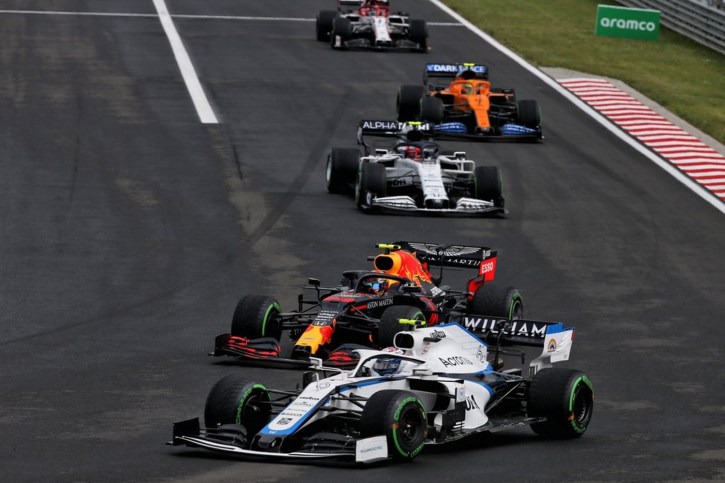Apr.18 (GMM) Pastor Maldonado has hit out at the new ‘penalty points’ system that could see him having to serve a race ban later in 2014.
After just the opening three grands prix of the season, the Venezuelan already has three ‘demerit points’ against his F1 super license.
Jules Bianchi, meanwhile, has four.
“I’m not sure if anyone will reach the full 12 but after three races, having four, then he should reach it very soon,” Adrian Sutil said in China.
The most serious incident involving Lotus’ Maldonado this year was in Bahrain, where contact with Esteban Gutierrez caused the Mexican to roll over.
But he also made a fundamental – and bizarre – mistake in Shanghai practice, when he took his eyes off the track and simply drove off it in a corner.
“I think it’s a good system,” Gutierrez, referring to penalty points, said in Shanghai.
“It puts some conscience on ourselves to not do wrong moves and to respect each other and to race in a fair way.”
Maldonado, however, insists the Bahrain crash was simply “a normal race contact”, and so he is critical of the new penalty system.
“We need to avoid the incident but at the same time (with penalty points) you cannot race,” he told reporters on Thursday.
“We are racers and we are always risking. If you are competing, you need to take chances.
“So maybe they need to be slightly more flexible. That’s my opinion.”
Gutierrez is quoted by Brazil’s Totalrace as suggesting the biggest problem with Maldonado is that he does not seem to be learning from his mistakes.
“It is pointless to discuss the television images, because they are clear,” he said.
“That’s the problem: it seems that Pastor is not recognising his mistakes, he sees things only from his side and I don’t think that’s right.”
Maldonado, however, insisted the Bahrain rollover made the “light knock” appear more dramatic due to the new mandatory low noses on the cars this year.
“With the new noses, when we touched, the car took off. So for the spectator it was quite shocking,” he is quoted by Brazil’s Globo.
“I think the punishment was related to the magnitude of what we saw, not the contact itself,” Maldonado added.




